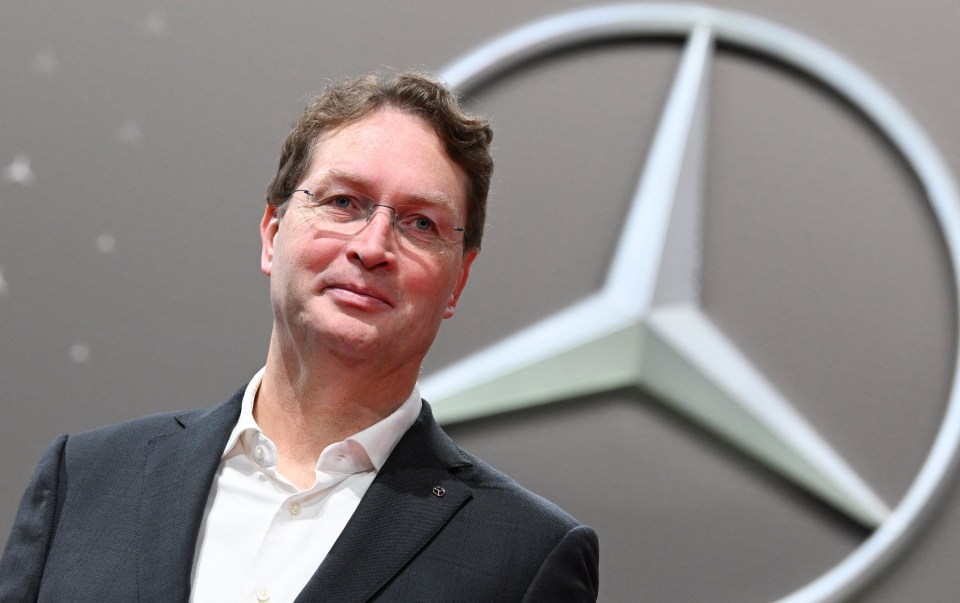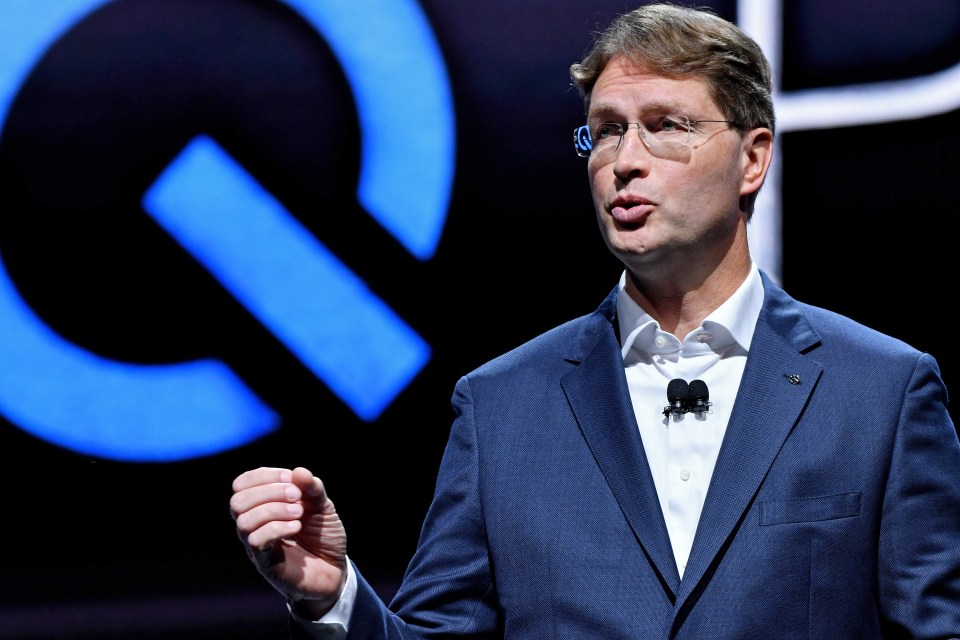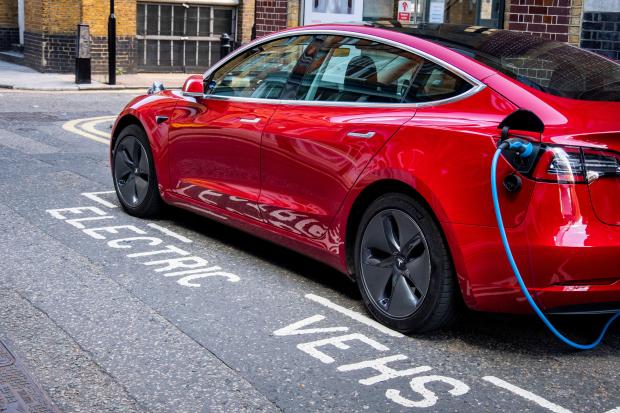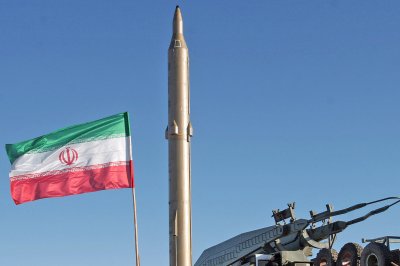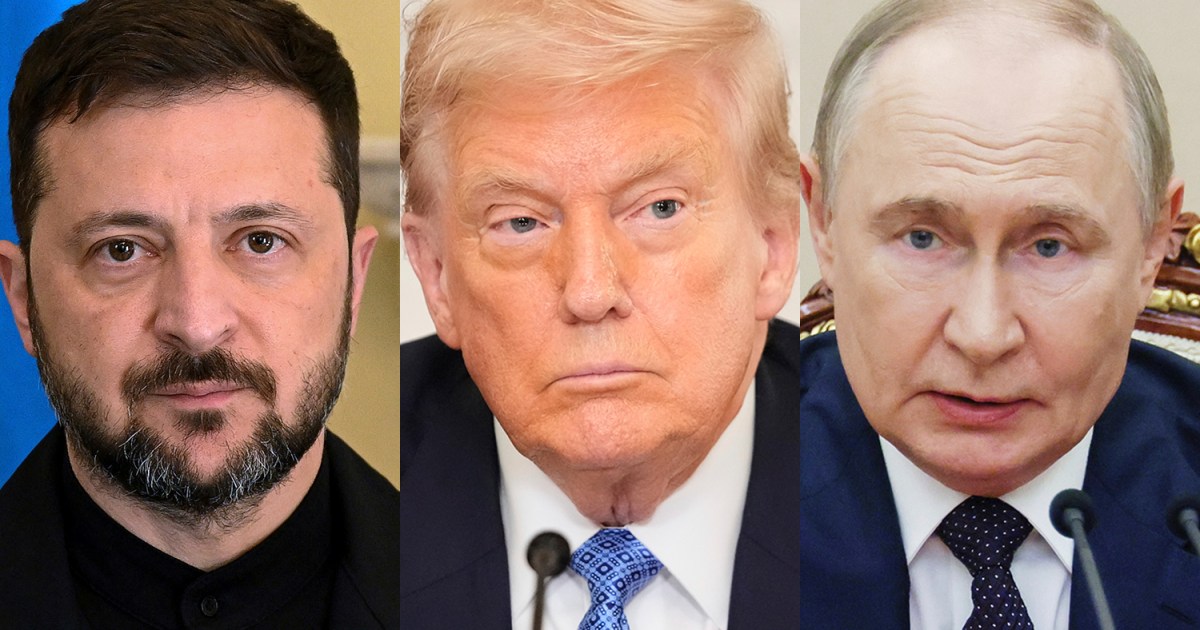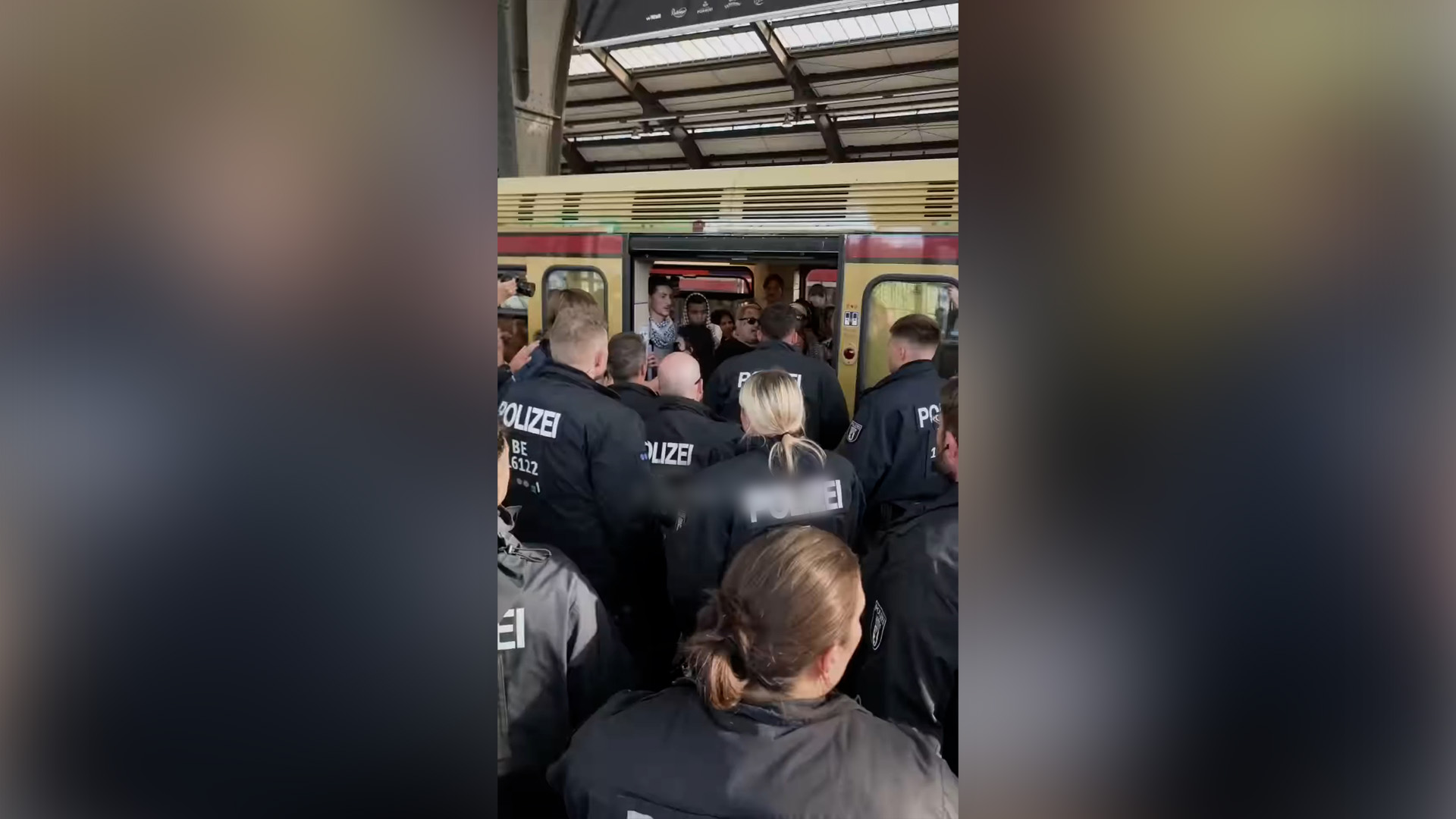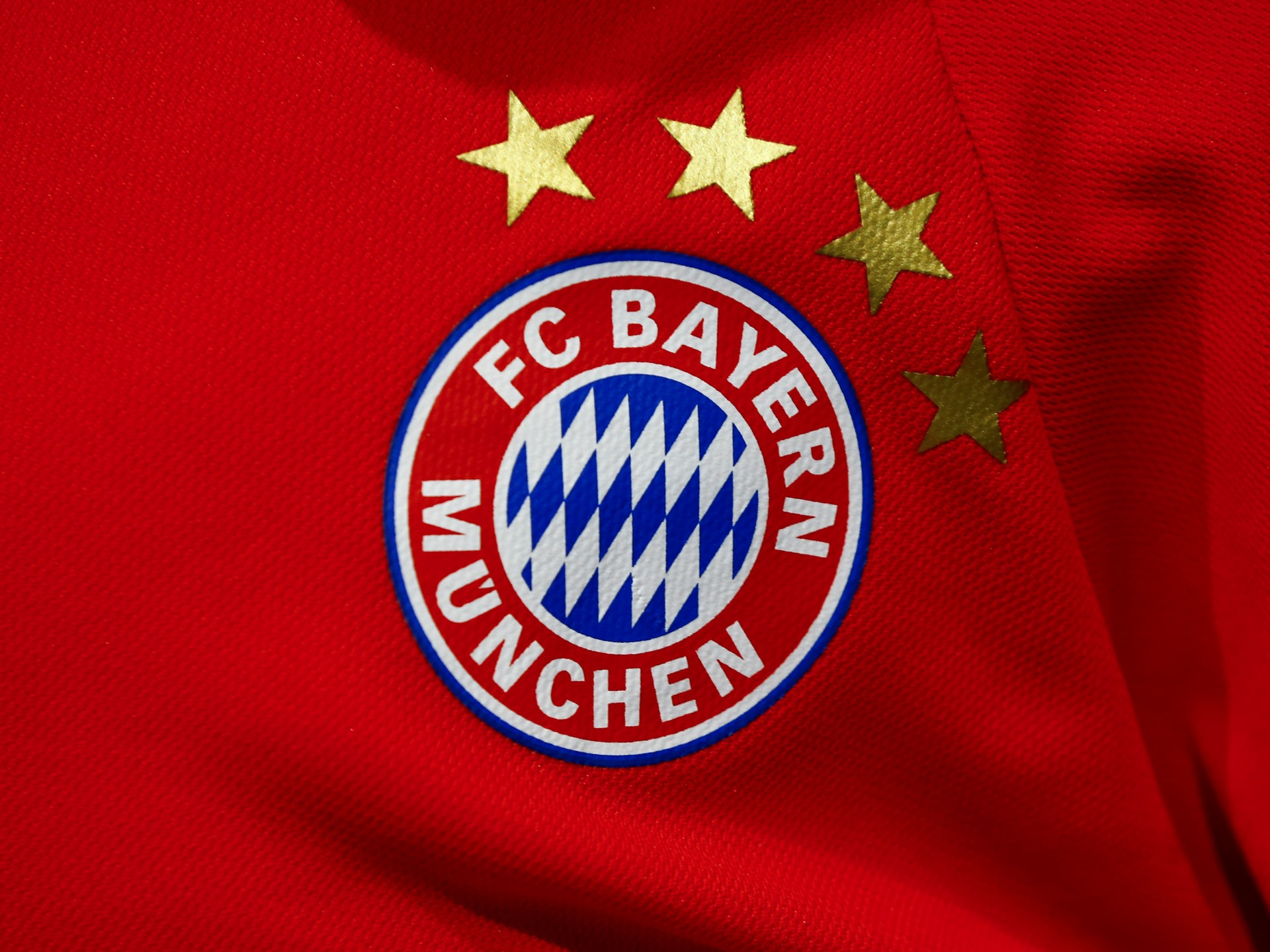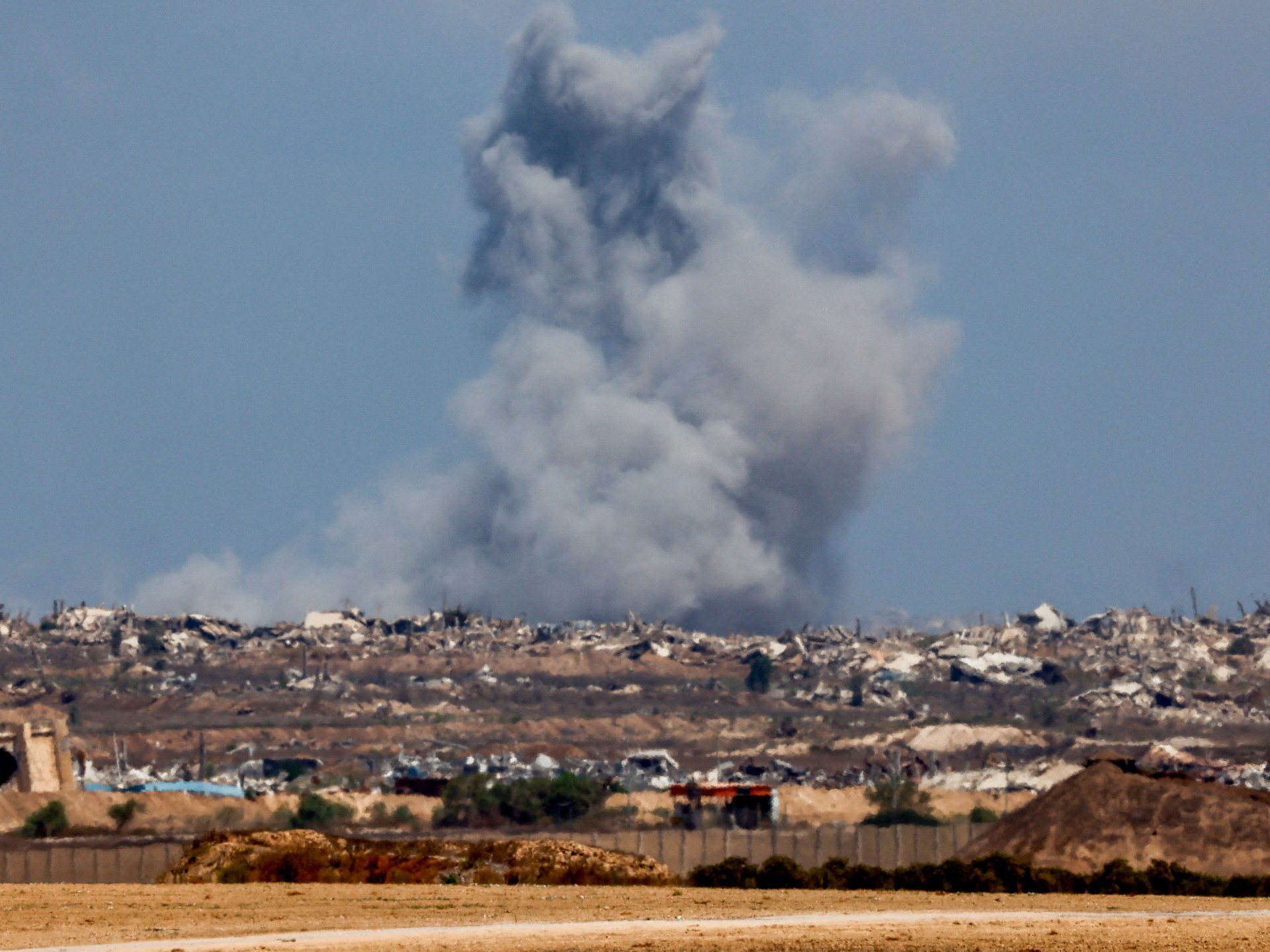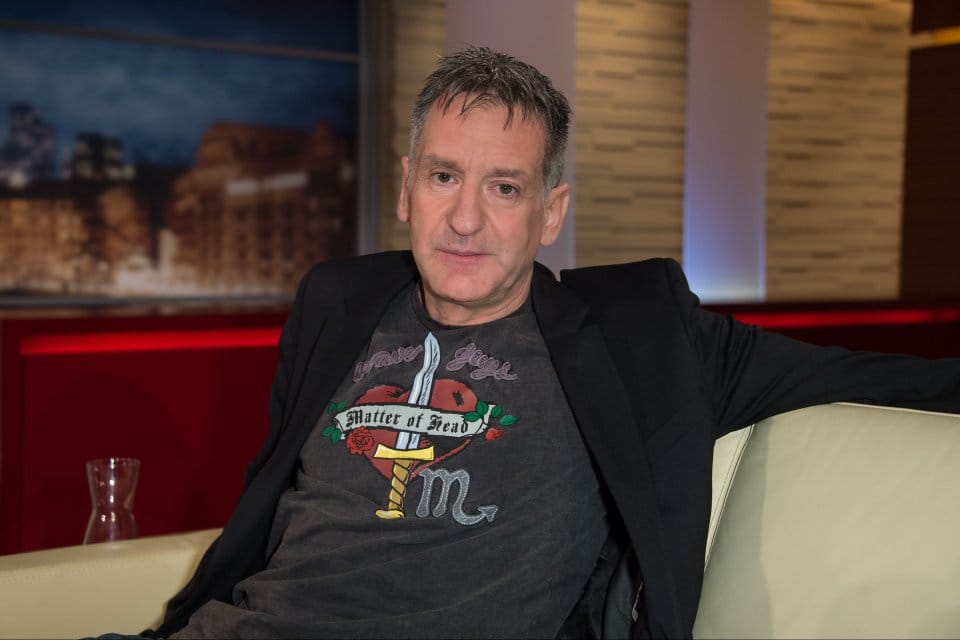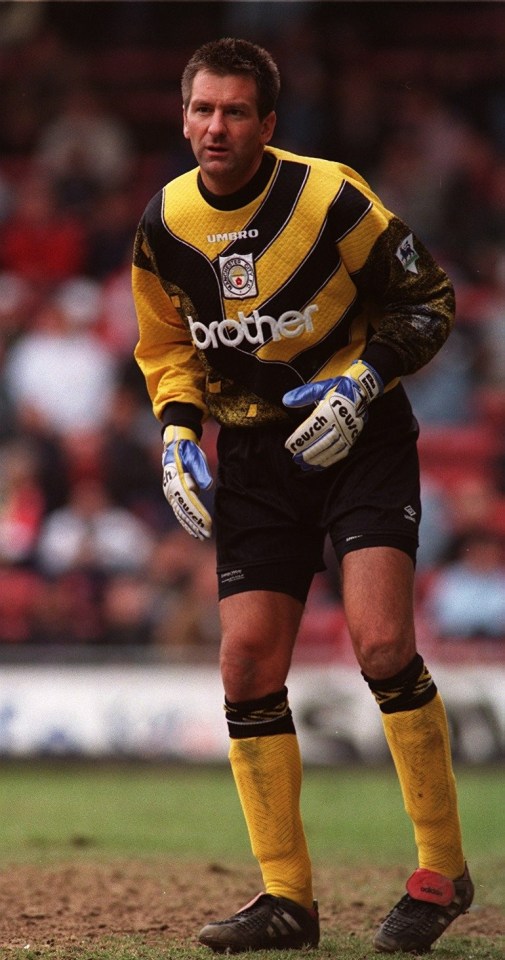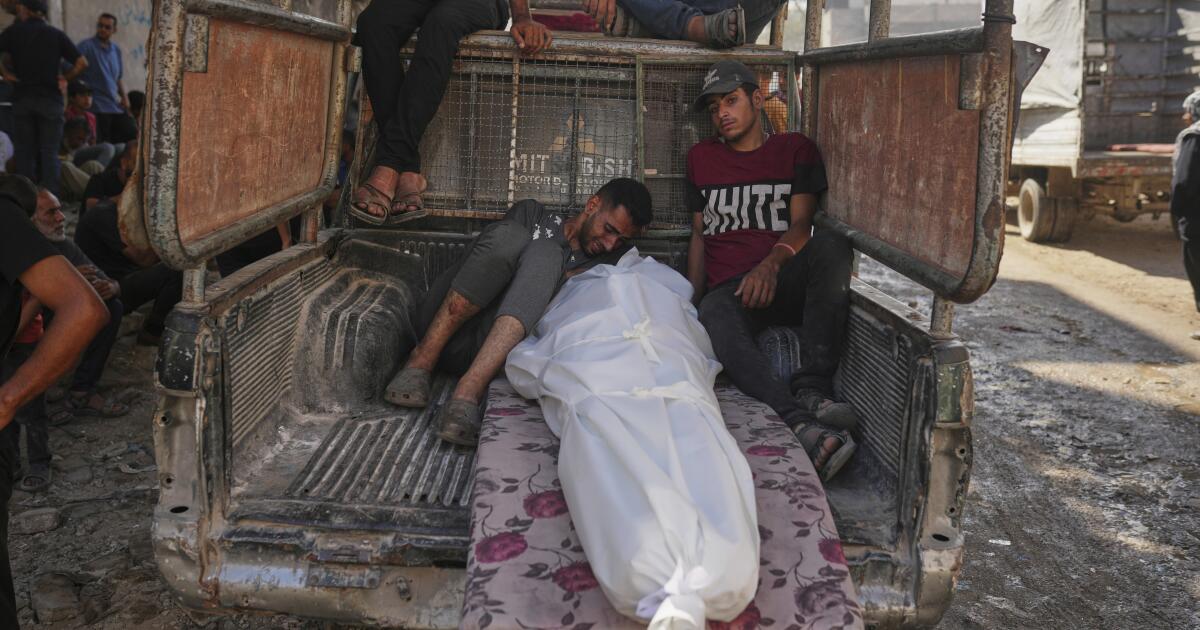Washington, DC – The decision by European countries to impose “snapback” sanctions against Iran may further exacerbate international tensions, experts say, as fears of a regional war loom over the Middle East.
On Thursday, Germany, France and the United Kingdom – Europe’s largest economies – triggered a 30-day process to reimpose sanctions over what they called “significant” violations of a 2015 agreement to limit Iran’s nuclear programme.
“What we’re heading toward is the snapback scenario where the sanctions come back and Iran is likely to retaliate in some way that’s unhelpful,” said Ryan Costello, the policy director at the National Iranian American Council (NIAC).
And the tensions could escalate into renewed violence after the Israeli attacks on Iran earlier this year. “It’s another kind of domino falling on the way toward the June war reigniting,” Costello said.
The United States, which bombed three nuclear facilities in June as part of an Israeli assault on Iran, has welcomed the European countries’ move.
But the administration of US President Donald Trump has also kept the door open for talks with Iran.
“The United States remains available for direct engagement with Iran – in furtherance of a peaceful, enduring resolution to the Iran nuclear issue,” US Secretary of State Marco Rubio said in a statement. “Snapback does not contradict our earnest readiness for diplomacy, it only enhances it.”
Costello, however, underscored that Iran was at the table before Israel launched its 12-day war.
A round of nuclear talks between US and Iranian officials was set to take place on June 15. But Israeli bombs started falling on Tehran two days before the scheduled negotiations, postponing them indefinitely.
Costello said that, in order to return to the nuclear discussions, the US and Europe first have to rebuild trust with Iran.
“The overwhelming sentiment in Iran is that those talks were all a ruse – that Israel was going to attack Iran with US support to some degree regardless of what they did at the negotiating table,” he told Al Jazeera. “So both the Europeans and the US have to reflect that reality.”
What is snapback?
The current crisis can be traced back to Trump’s decision to pull the US out of the 2015 Iran nuclear deal during his first term in 2018.
The 2015 accord – formally known as the Joint Comprehensive Plan of Action (JCPOA) – compelled Iran to curb its nuclear programme in exchange for lifting international sanctions against its economy.
But to ensure that Iran can be penalised quickly if it violates the agreement, the deal included a “snapback” mechanism to reimpose a series of United Nations sanctions.
The mechanism gave any signatory to the agreement – the US, UK, Germany, France, Russia or China – the power to kickstart a process to revive six UN Security Council sanctions resolutions.
And the snapback is veto-proof, meaning Russia and China, both allies of Iran, cannot block the restoration of the sanctions.
In 2020, the US tried to activate the snapback clause of the JCPOA, but the effort failed because Washington was no longer a party in the agreement.
Since the US exit in 2018, Iran has been gradually escalating its nuclear programme, but Iranian officials insist that the country is not seeking a nuclear weapon.
Thursday’s decision to reimpose UN sanctions on Iran appears to be timed against the expiration of the snapback provision in October, which marks 10 years after the nuclear deal came into effect.
Experts say the governments in Paris, London and Berlin are essentially invoking a provision from a long-abandoned agreement to secure UN sanctions against Iran.
Sina Toossi, senior fellow at the Center for International Policy, said the snapback was included in the JCPOA to ensure that all sides abide by the deal, but European powers are using it to further pressure Iran.
“The overall US and European approach to Iran has been just brute power – like might is right,” Toossi told Al Jazeera.
“Anything about legal contacts and history and international norms doesn’t matter. They just want to use this instrument to unilaterally reimpose sanctions on Iran.”
What does Europe want?
France, Germany and the UK, however, have outlined three conditions to delay the snapback sanctions by six months.
The demands are for Iran to resume direct talks with the US, restore full cooperation with the UN nuclear watchdog, and disclose the new location for its heavily enriched uranium after the US and Israeli strikes.
Some US reports have suggested that the uranium stockpiles are buried under the now-damaged nuclear facilities, but Iran may have also moved the material before the US bombed its nuclear sites.
Analysts say that, while the European conditions may seem reasonable on the surface, they are challenging for the Iranian leadership to agree to.
The European powers want Tehran to recommit to negotiations with Washington, without assurances from the US and Israel that they wouldn’t attack again.
Tehran had also suspended full cooperation with the UN’s International Atomic Energy Agency (IAEA) after the watchdog failed to condemn the US and Israeli attacks, which it said breached international law.
Earlier this month, Iran allowed some IAEA inspectors back into the country, but the UN agency still has not accessed or assessed the damage at Iran’s enrichment facilities.
As for the uranium, Iran fears that disclosing the location of the stockpiles will only invite Israel or the US to bomb them.
“If they make the location of that enriched uranium very clearly known to the wider world, including US and Israel, then it’s a blinking target for follow-up US or Israeli strikes on those facilities to set Iran’s programme back further,” Costello told Al Jazeera.
“So because that hasn’t been ruled out, it becomes very difficult for Iran to strike such an agreement.”
Impact of snapback
But the three European powers argued that the demands are necessary because Iran’s nuclear programme constitutes a “clear threat to international peace and security”.
“Today, Iran’s non-compliance with the JCPOA is clear and deliberate, and sites of major proliferation concern in Iran are outside of IAEA monitoring,” the countries said in a statement.
“Iran has no civilian justification for its high enriched uranium stockpile … which is also unaccounted for by the IAEA.”
Tehran has rejected that argument, saying that European powers had breached the 2015 agreement first by accepting the US’s 2018 decision to restore secondary sanctions on Iran’s economy.
Most countries and businesses around the world enforce US sanctions out of fear of being sanctioned themselves.
The Iranian economy is already reeling under heavy US sanctions with global implications.
But the UN sanctions – which include an arms embargo – could enable unilateral sanctions by other countries. They may also further undermine trust in the Iranian economy. Already, the Iranian rial fell sharply after Thursday’s announcement.
“There is more currency depreciation because of the snapback; it’s another psychological shock to the economy,” said Toossi.
Europe goes hawkish
Since the turn of the 21st century, European countries have been seen as a moderating influence on Washington’s hawkish impulses towards Iran.
Despite abiding by the US sanctions, European leaders had vocally opposed Trump’s exit from the JCPOA in 2018.
But since Trump returned to office in January, France, Germany and the UK appear to have taken a harder line against Tehran.
In June, European powers not only failed to condemn Israel’s unprovoked war on Iran, but they also seemed to endorse it. Chancellor Friedrich Merz even suggested Germany and the West are benefitting from the assault.
“This is dirty work that Israel is doing for all of us,” he said.
Trita Parsi, the executive vice president of the Quincy Institute, a think tank that promotes diplomacy, said Europe’s new posture towards Iran is linked to its broader relationship with the US.
Iran has been accused of supplying Russia with drones to use in its war against Ukraine, so now Europe sees Tehran as a threat, Parsi said.
He also noted that nearly all trade between Europe and Iran has been destroyed by US sanctions.
“Iran simply does not matter that much for Europeans,” he told Al Jazeera in a TV interview.
“So doing something that endears Europe with the hardline elements in the Trump administration, I think, is something that is seen as valuable in Europe … given how tremendously strained the current transatlantic relationship is right now.”
For now, the nuclear tensions continue to grind on. The US continues to demand that Iran dismantle its nuclear programme, while Tehran insists on maintaining uranium enrichment domestically.
Toossi said there’s an irony in the whole affair: The three European powers are invoking a provision of the JCPOA that grants Iran the right to uranium enrichment, but they are using it to align with the US demand for no more enrichment.
“The hypocrisies and contradictions are just immense in all of this,” he said.
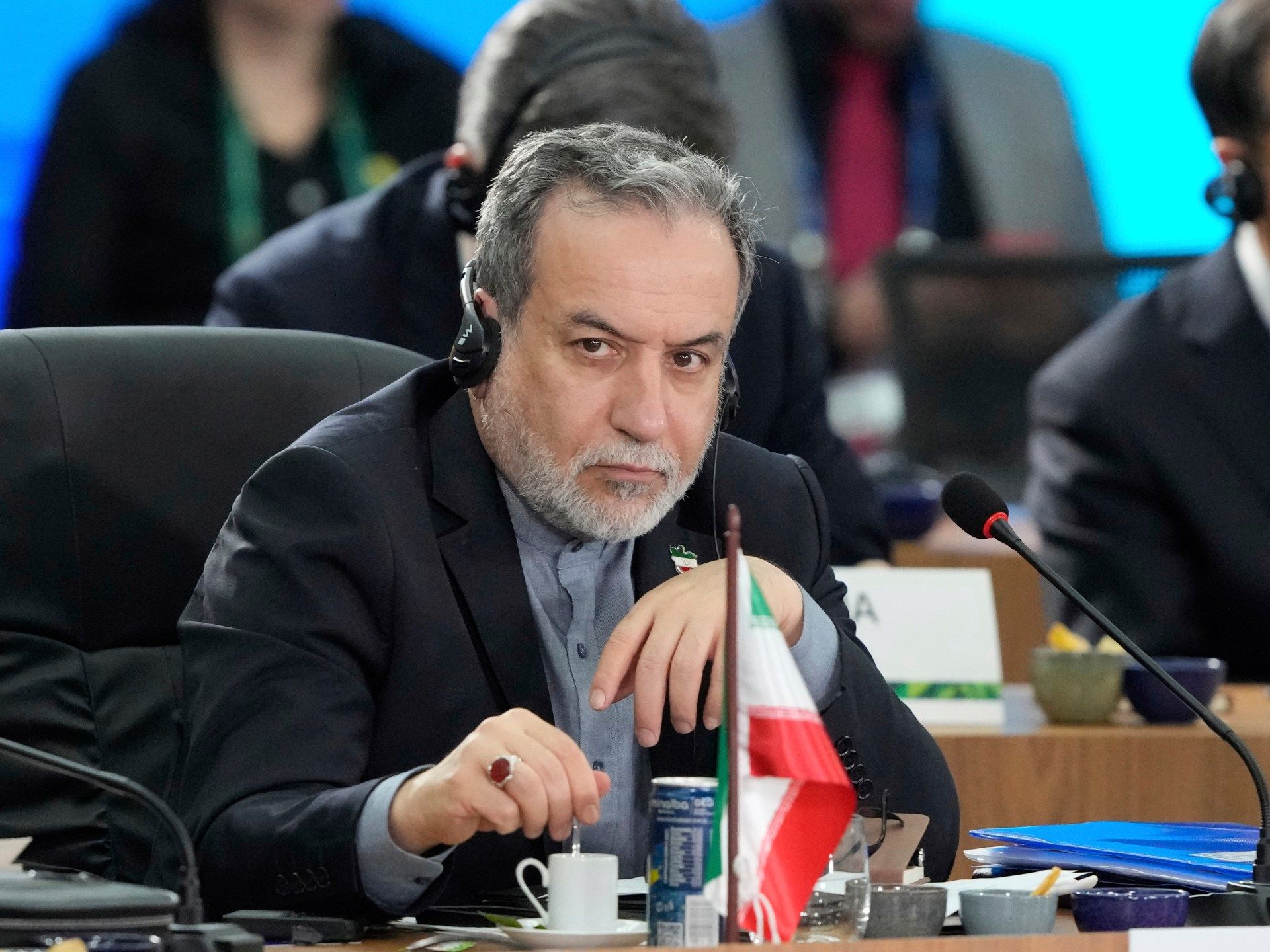


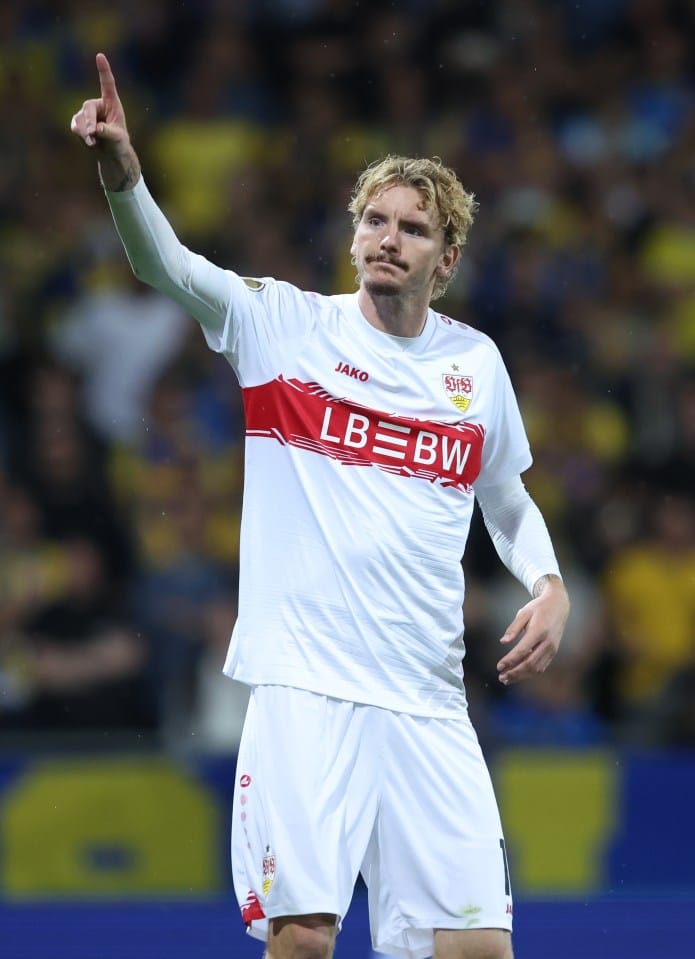

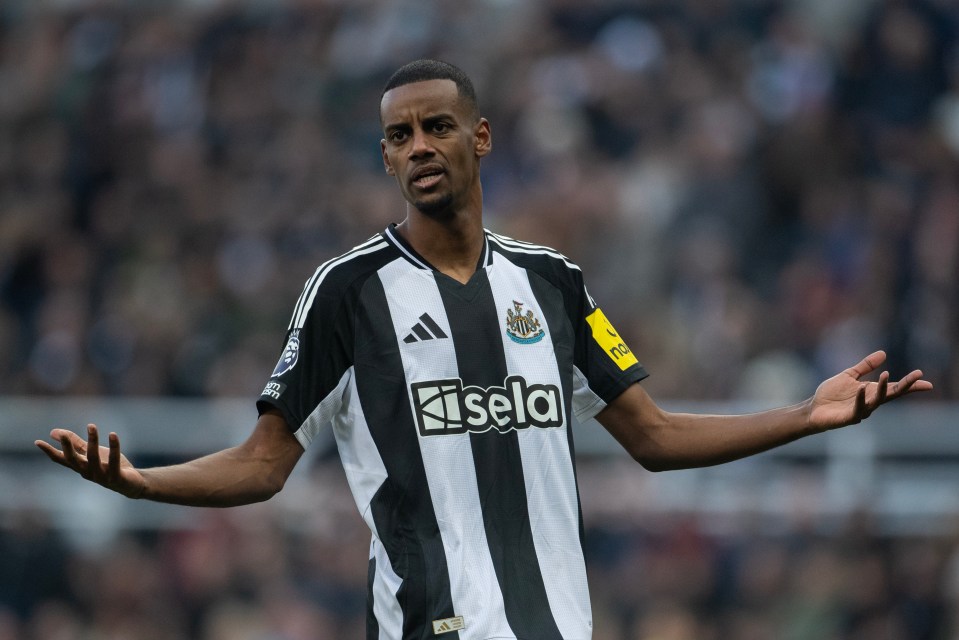

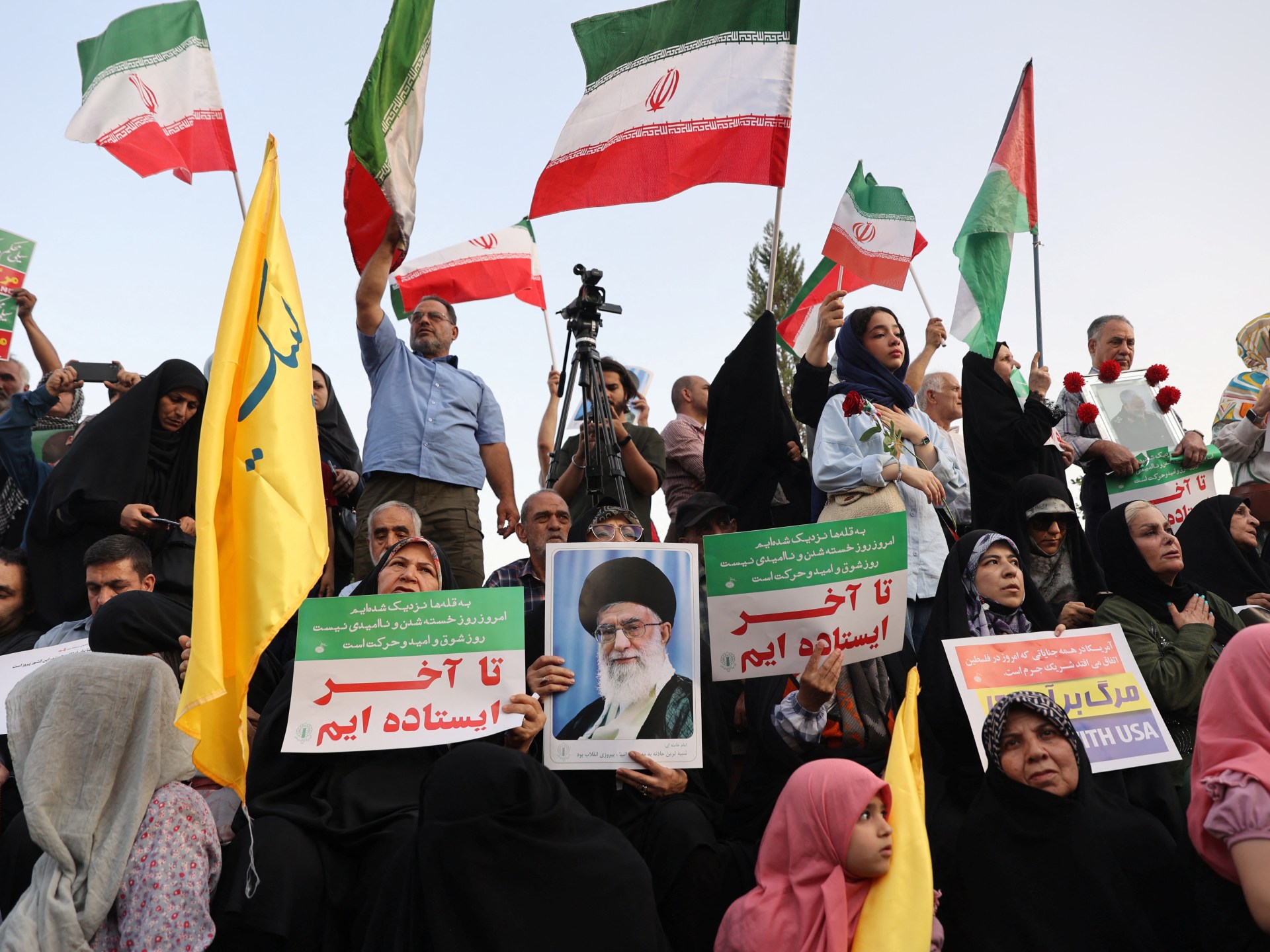
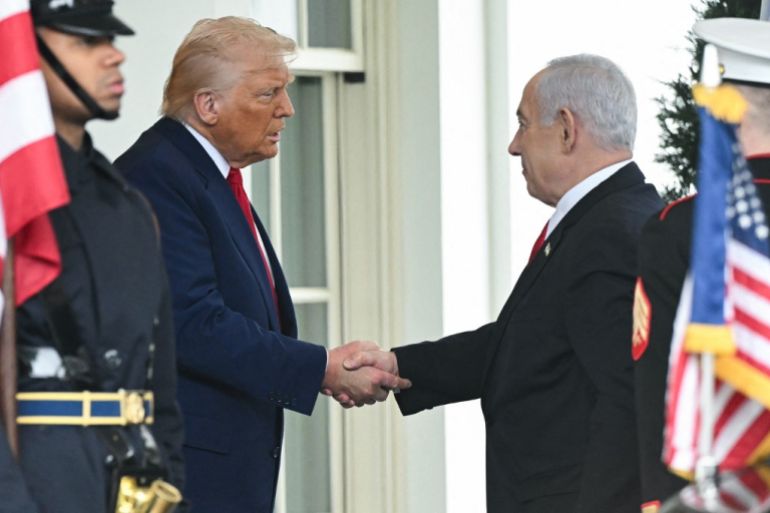

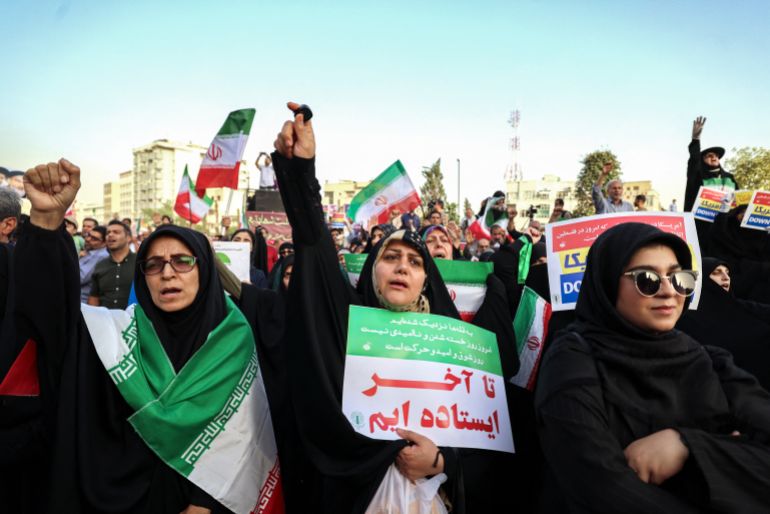

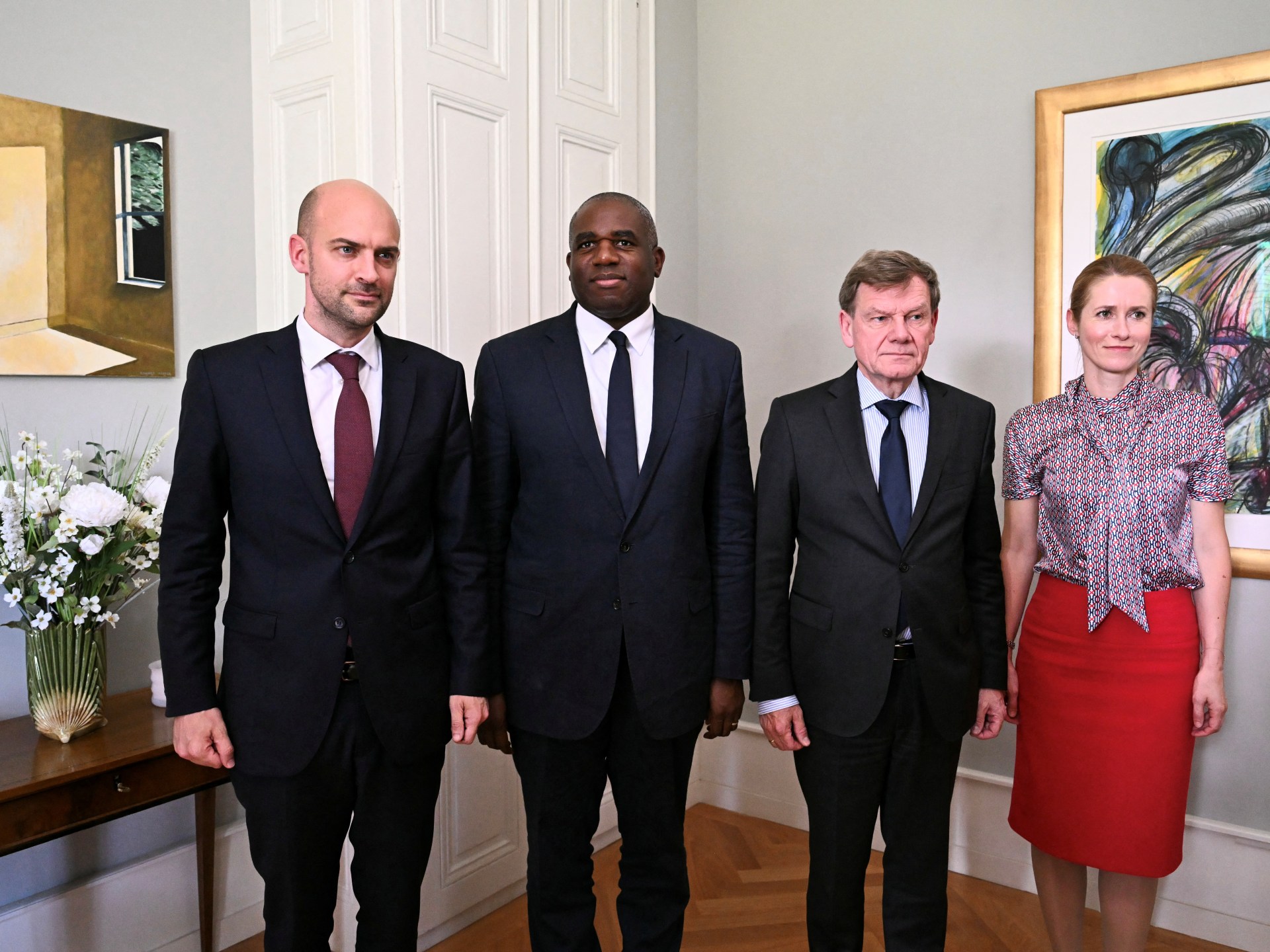
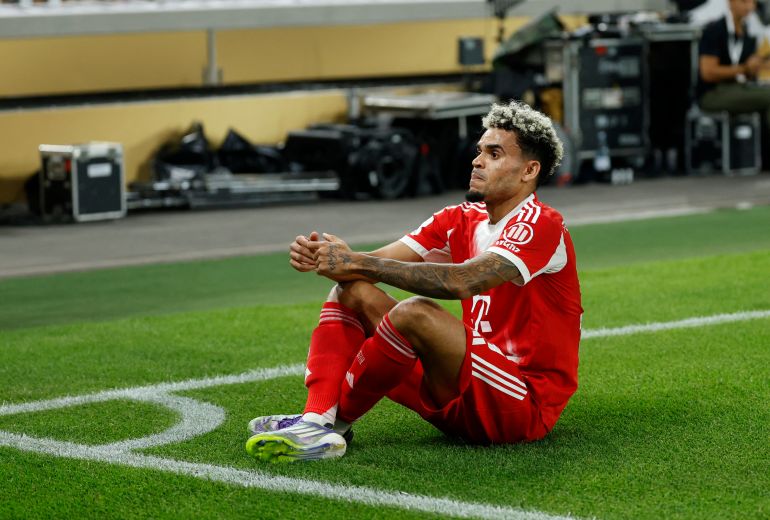


![German Chancellor Friedrich Merz (R) and Ukrainian President Volodymyr Zelenskyy attend a joint press conference in Berlin after a virtual meeting with US President Donald Trump [Omer Messinger/Getty Images]](https://www.aljazeera.com/wp-content/uploads/2025/08/getty_689cc009b9-1755103241.jpg?w=770&resize=770%2C513&quality=80)
![US President Donald Trump speaks during the unveiling of the Kennedy Center Honors nominees on August 13, 2025, at the Kennedy Center in Washington, DC [Mandel Ngan/ AFP]](https://www.aljazeera.com/wp-content/uploads/2025/08/afp_689cc06e83dc-1755103342.jpg?w=770&resize=770%2C513&quality=80)

